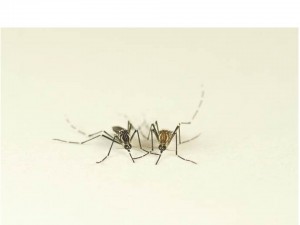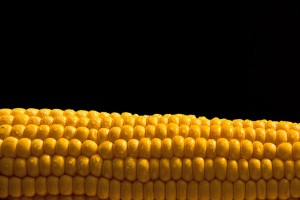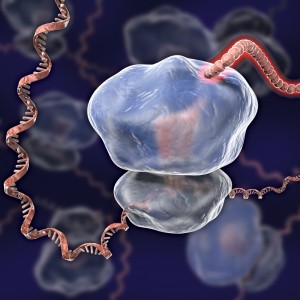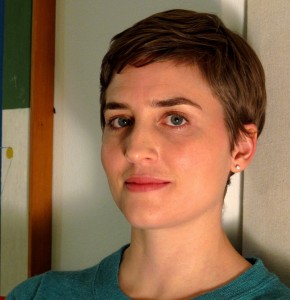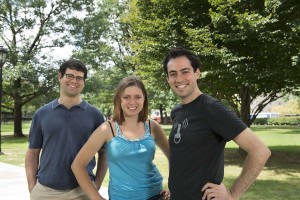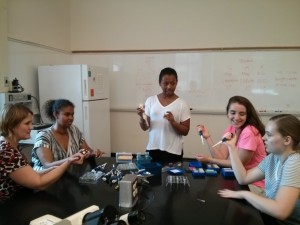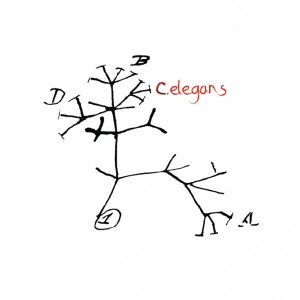Enter your address to receive notifications about new posts to your email.
Search results for guest post
(130 results)
-
Using evolution to link genes and behavior
Genes to Genomes asked Dr. Carolyn (Lindy) McBride (Princeton University), a recipient of the Rosalind Franklin Award for Young Investigators, to tell us about her research and what it means to receive the award. She was recognized for her Rosalind Franklin Award along with another recipient, Dr. Maria Barna, at the 2015 American Society of Human Genetics…
-
Nina Fedoroff comments on GMO regulatory reform
The comments below were offered by long-time GSA member Nina Fedoroff at a public meeting on updating the Coordinated Framework for the Regulation of Biotechnology held on October 30, 2015. In addition to her academic research career, Dr. Fedoroff served as Science & Technology Adviser to Secretaries of State Condoleeza Rice and Hillary Clinton and U.S.…
-
Unlocking the Ribocode
Genes to Genomes asked Dr. Maria Barna (Stanford University), a recipient of the Rosalind Franklin Award for Young Investigators, to tell us about her research and what it means to receive the award. She will be recognized for her Rosalind Franklin Award along with the other 2016 recipient, Dr. Carolyn McBride, at the 2015 American Society…
-
New Faculty Profile: Annalise Paaby
New faculty profiles showcase GSA members who are establishing their first independent labs. If you’d like to be considered for a profile, please complete this form on the GSA website. Annalise Paaby Assistant Professor, School of Biology Georgia Institute of Technology Research program: My lab explores major questions in evolution and quantitative genetics.…
-
Queer in STEM
This guest post is contributed by GSA member Jeremy Yoder of the University of British Columbia. (More about this author) Scientific workplaces are not particularly diverse. The underrepresentation of women and people of color in science, technology, engineering, and mathematics (STEM) has become a field of study in itself, with experimental and observational data…
-
Read/write access to your genomes? Using the past to jump to the future
Today’s guest author is Razib Khan, who is currently a graduate student in genomics at UC Davis. Outside of his scientific work he is interested in history, religion and philosophy, among other things. You can follow him on Twitter at https://twitter.com/razibkhan. If the story of the last century was the maturation of physical science, the plot of the coming…
-
New Faculty Profile: Krista Dobi
This is the first in a series of profiles of GSA members who are establishing their first independent labs. If you’d like to be considered for a profile, please complete this form on the GSA website. Krista Dobi Assistant Professor, Natural Sciences Department Baruch College, City University of New York Research program: My lab uses…
-
Biocurators: Behind the Data
Today’s guest post was contributed by Maria Costanzo of Stanford University. She has been a biocurator since before the term was coined and has contributed to genome database projects for a variety of fungi. The views expressed are her own. Follow her on Twitter: @mariaccostanzo. When someone asks what I do for a living,…
-
DIY Public Communication Training
Today’s guest post is contributed by Jesse Dunietz, co-founder of Public Communication for Researchers (PCR), and PhD student in the Department of Computer Science, Carnegie Mellon University. You could be forgiven for thinking that a talk titled “Is there a war on science in the US?” would be a bit of a downer. But for…
-
Turning Science Students into Science Teachers
At the Gordon Conference on Undergraduate Biology Education Research in July 2015, Meg Bentley (American University) presented data demonstrating the effectiveness of an Undergraduate Teaching Assistant (UTA) program. Genes to Genomes asked her to give us some advice on the development and execution of such a program. Imagine a biology lab in which students work in…
-
The new genomic world of wild worms
Mark Blaxter (Institute of Evolutionary Biology, University of Edinburgh) reports on the “Caenorhabditis Genomes Project” workshop at GSA’s recent 20th International C. elegans Meeting. Caenorhabditis elegans, affectionately referred to as “the worm,” is one of the prettiest and most informative of the model organisms. It is see-through, has a simple lifecycle and a remarkably simple anatomy,…

